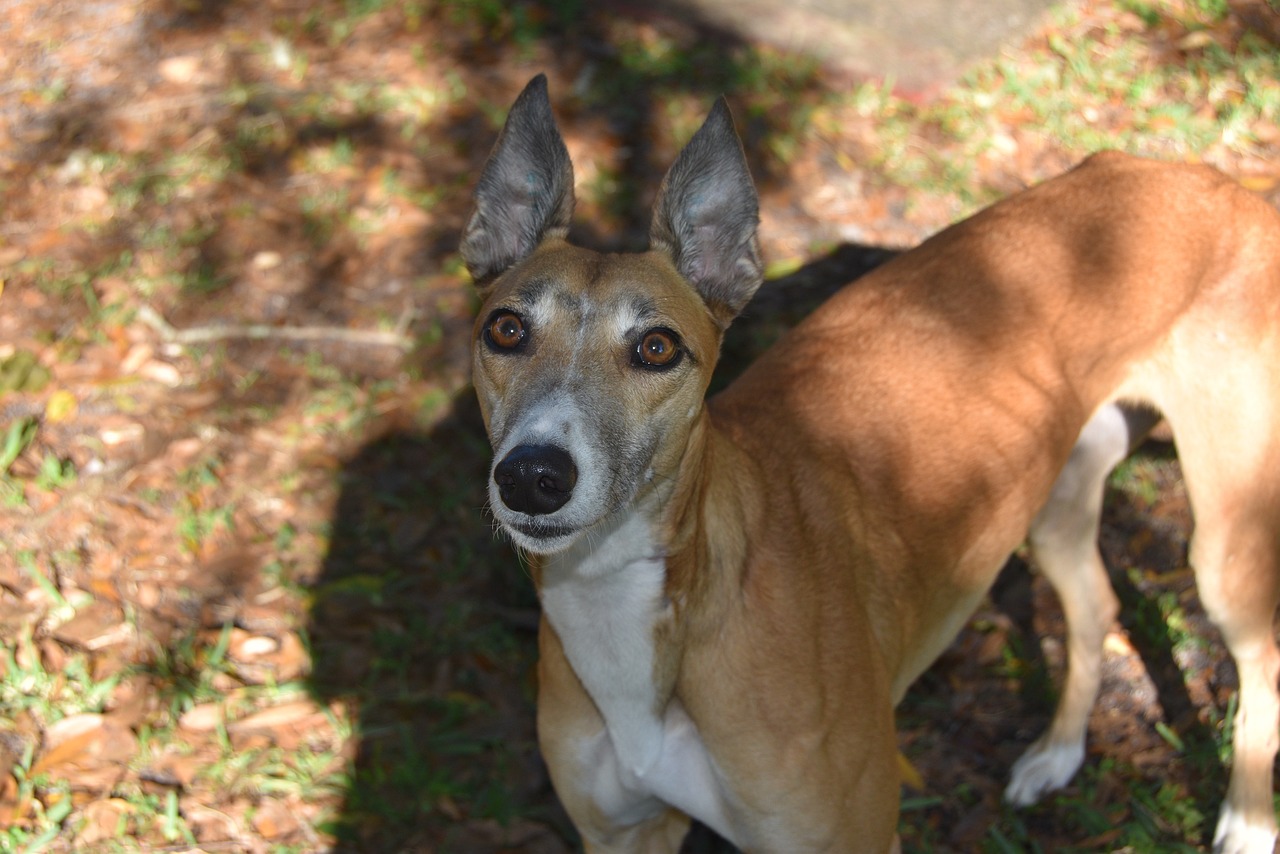Greyhounds, known for their sleek physique and remarkable speed, are a breed that has gained admiration not only on the racing track but also as gentle, affectionate pets. Their calm demeanor and graceful appearance make them a unique and appealing choice for dog owners. However, as with any breed, there are certain challenges associated with owning a Greyhound that prospective owners should be aware of. This article aims to provide a balanced perspective by discussing seven downsides to owning a Greyhound, while still recognizing the many positive qualities that make these dogs beloved companions. Understanding the full spectrum of what it means to own a Greyhound is essential for a harmonious and fulfilling relationship, ensuring that owners are fully prepared for the commitment and care required.
7 Reasons Why Greyhounds Might Not Be Right For You
- Sensitive to Cold: Greyhounds have very little body fat and a short coat, making them sensitive to colder temperatures. They often require extra care during winter, such as wearing coats or sweaters, to stay warm and comfortable.
- Exercise Requirements: While known for their sprinting capabilities, Greyhounds also need regular exercise to maintain their health and happiness. They require space to run and stretch their legs, which might be a challenge for those without access to safe, enclosed outdoor areas.
- Prey Drive: Greyhounds have a strong prey drive due to their hunting and racing heritage. This instinct can lead them to chase small animals and requires careful management, especially off-leash or in areas with wildlife.
- Not Ideal for Off-Leash Activities: Due to their high prey drive and speed, Greyhounds are not always suitable for off-leash activities in unenclosed spaces. Owners need to be cautious and aware of their environment to prevent them from running off after potential prey.
- Space Requirements: Greyhounds are large dogs and need sufficient space in the home to move comfortably. They might not be well-suited for small apartments or homes with limited space.
- Specialized Health Needs: Greyhounds have unique physiological characteristics, such as a different reaction to anesthesia and a propensity for certain health issues. Owners should be aware of these specialized health needs and seek veterinarians familiar with the breed.
- Retired Racers’ Adjustment Period: Many Greyhounds available for adoption are retired racers. These dogs may require an adjustment period to acclimate to home life and may need additional training and socialization.
Owning a Greyhound can be a rewarding experience filled with love and companionship. Their gentle nature, elegant appearance, and affectionate demeanor make them wonderful pets. While they present certain challenges, understanding and preparing for these aspects can lead to a successful and joyful relationship. Greyhounds, with their unique characteristics and endearing qualities, can be excellent companions for the right owners who are willing to accommodate their needs and provide them with a loving home.
On The Other Hand…
5 Positive Qualities About Greyhounds

- Gentle and Affectionate Nature: Greyhounds are known for their gentle and affectionate demeanor. They are often referred to as “gentle giants” and are known for being particularly loving and good-natured with their families.
- Low Exercise Requirements: Contrary to popular belief, Greyhounds do not require excessive exercise. They are quite content with a few short walks daily and some opportunity to sprint in a secure area. This makes them surprisingly good pets for more sedentary lifestyles.
- Quiet and Well-Mannered: Greyhounds are typically quiet and calm dogs. They are not prone to excessive barking, which makes them ideal for peaceful home environments and suitable for apartment living.
- Low Shedding: With their short and smooth coats, Greyhounds are minimal shedders compared to many other breeds. This trait, along with their low grooming needs, makes them a good choice for individuals concerned about cleanliness and allergies.
- Good Health and Longevity: Despite their size, Greyhounds generally have a longer lifespan compared to other large breeds. They are also relatively healthy, with fewer genetic health problems than many other breeds.
Greyhounds are a unique and wonderful breed, offering a blend of affection, low exercise requirements, and quiet demeanor. Their low shedding and overall good health add to their appeal as pets. These qualities, combined with their gentle and loving nature, make Greyhounds a cherished companion in many homes. For those looking for a loyal and low-maintenance pet, Greyhounds are an excellent choice.
 Toledo, United States.
Toledo, United States.